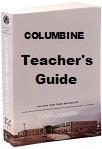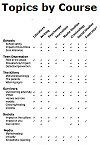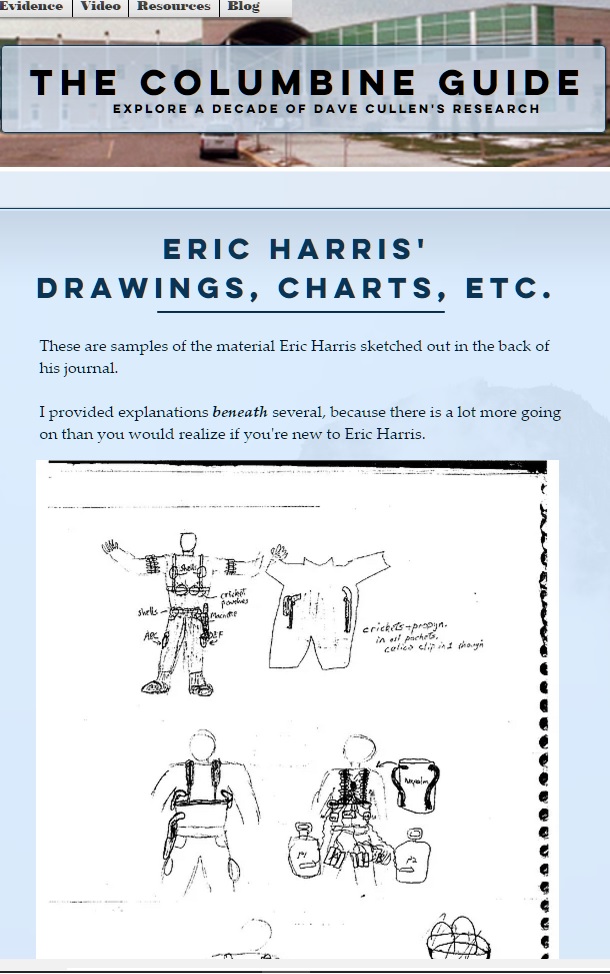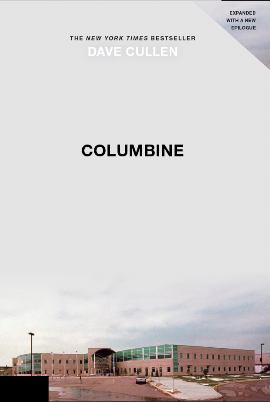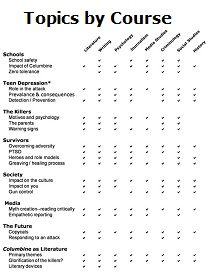Using the Guide
Cross-Curriculum Features
Most sections were designed to apply across departments. The BY COURSE menu button is the exception.
Questions
The questions are grouped into topics, so you can quickly spot what's relevant to you. The chart applies topics to suggested courses.
Example: Teen depression could spark a powerful class discussion in most courses. You can focus on its impact on Dylan Klebold as a case study, or broadly on teens today.
Writing Exercises
The analytical assignments are grouped by type of analysis, with major topic in parentheses. The parenthetical topics makes it easy to skim quickly for assignments relevant to you.
Example: Compare & Contrast (The Killers). This would make a great paper in literature, psychology, social studies, criminology, etc. The contrast between the actual killers vs their media portrayals also fits journalism, media studies, contemporary history, etc.
Special Units
Each of these units was created because it's relevant to most courses and powerfully connected to young adults (ages 14 to 22).
Example: Overcoming Adversity: Half the book is dedicated to the aftermath story. A handful of core characters faced unimaginable horror: some responded heroically, others shamefully. Brian Rohrbough lost a son, Linda Sanders lost a husband, Patrick Ireland was told he'd lost use of his legs, speech and a good deal of his brain. Principal DeAngelis, Special Agent Fuselier and Sheriff Stone faced the career challenges of their lives. What can students learn from each? How might they behave when they face a daunting obstacle?
Any of those characters—or a contrast between two—could provoke a heated class discussion, term paper or group presentation.
Teen Depression is the most important topic—the great unlearned lesson of Columbine. If you conduct just one discussion, please consider this topic.
Courses Supported
The chart identifies several applicable courses. A more complete list includes:
- English / Literature
- Writing / Creative Writing
- Psychology / Sociology
- Criminology
- Social Studies / Religious Studies
- Journalism / Media Studies
- • Contemporary History / Political Science
